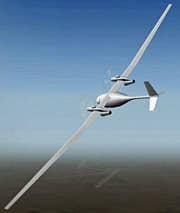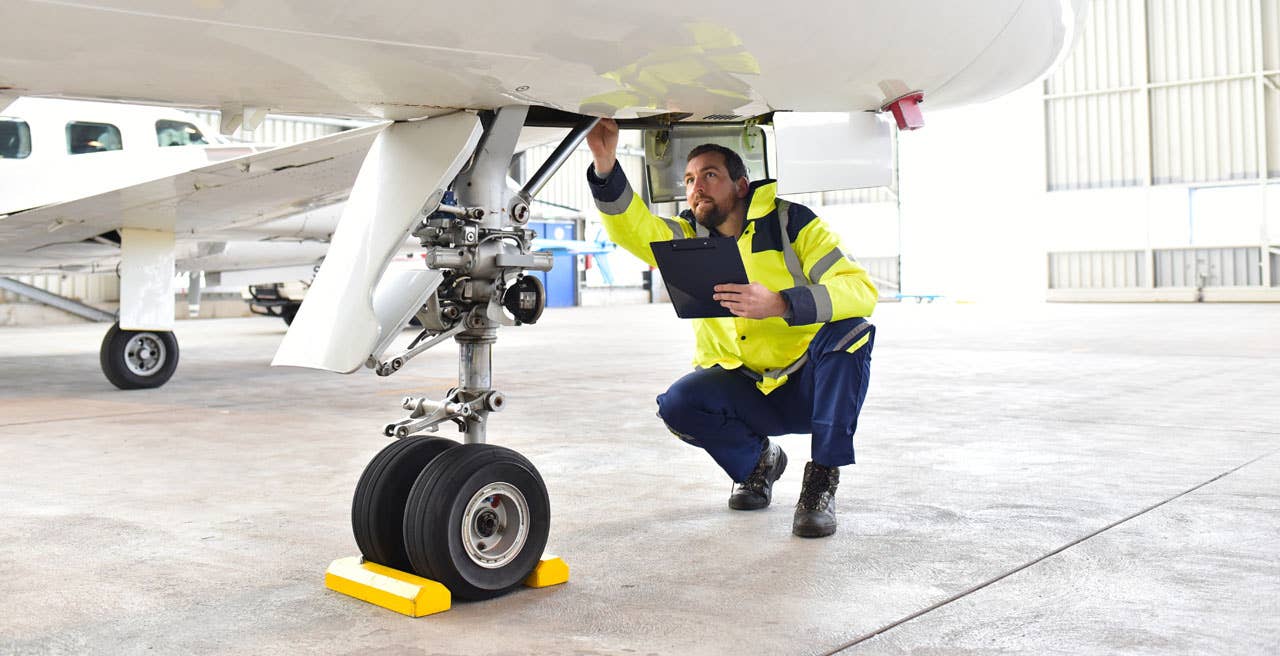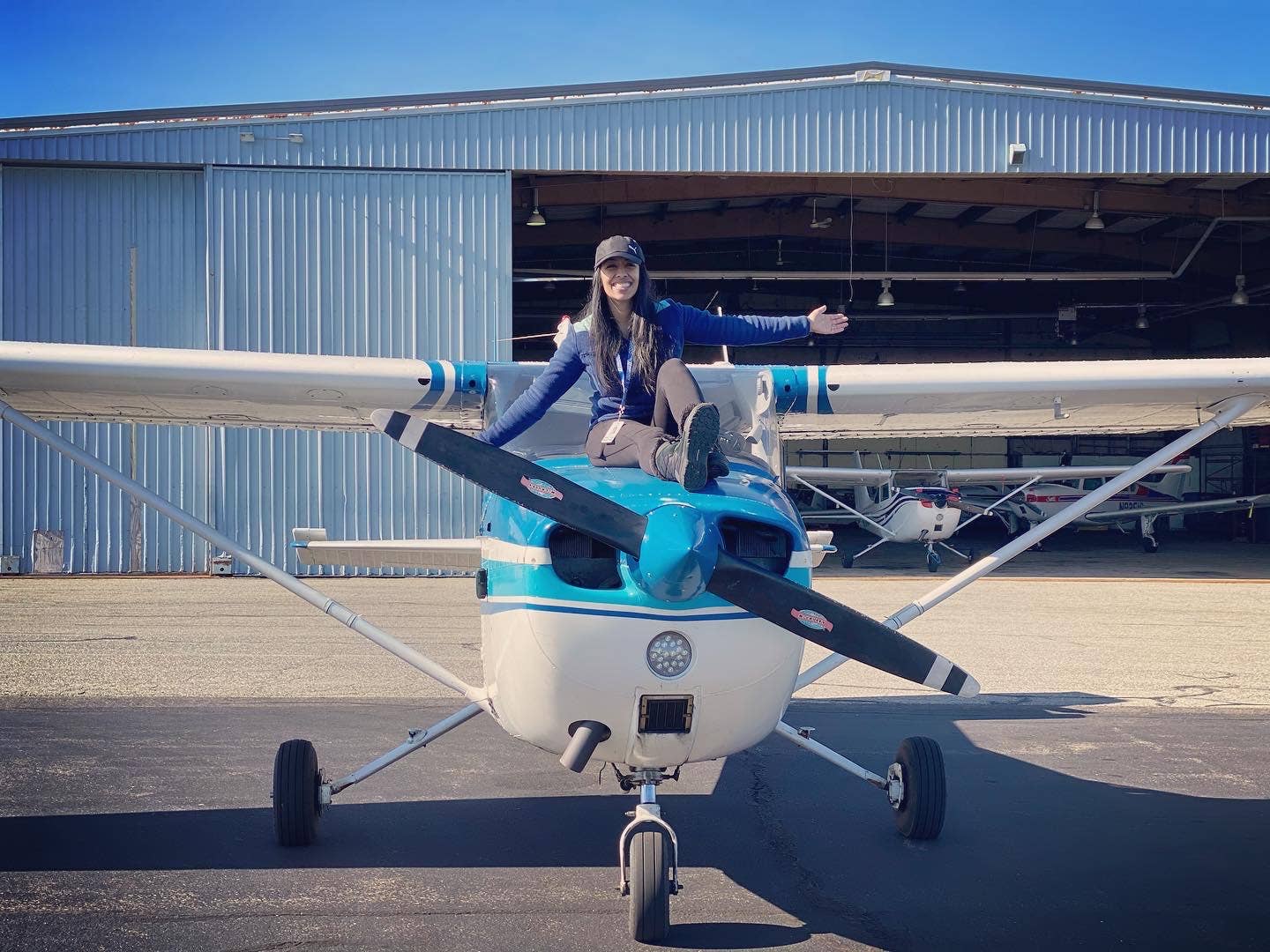Boeing Calls Hydrogen UAV “Game Changer”
Boeing this week unveiled its latest UAV, the hydrogen-powered Phantom Eye, which the company says will stay aloft at 65,000 feet for up to four days. “The capabilities inherent in Phantom Eye’s design will offer game-changing opportunities for our military, civil and commercial customers,” said Darryl Davis, president of Boeing Phantom Works, at the introductory press conference in St. Louis on Monday. The demonstrator is powered by two 150-hp engines and has a wingspan of 150 feet. It will cruise at about 150 knots and can carry up to a 450-pound payload. The aircraft will be shipped to NASA’s Dryden Flight Research Center at Edwards Air Force Base in California later this summer to start ground and taxi tests, with flight tests expected early next year. The first flight is expected to last for four to eight hours, Boeing said.

Boeing this week unveiled its latest UAV, the hydrogen-powered Phantom Eye, which the company says will stay aloft at 65,000 feet for up to four days. "The capabilities inherent in Phantom Eye's design will offer game-changing opportunities for our military, civil and commercial customers," said Darryl Davis, president of Boeing Phantom Works, at the introductory press conference in St. Louis on Monday. The demonstrator is powered by two 150-hp engines and has a wingspan of 150 feet. It will cruise at about 150 knots and can carry up to a 450-pound payload. The aircraft will be shipped to NASA's Dryden Flight Research Center at Edwards Air Force Base in California later this summer to start ground and taxi tests, with flight tests expected early next year. The first flight is expected to last for four to eight hours, Boeing said.
The aircraft is powered by two converted Ford Ranger truck engines that burn liquid hydrogen and turn four-blade props. The only byproduct is water. Later versions will be capable of staying aloft up to 10 days, Boeing says. A fleet of three or four such aircraft could provide surveillance and communications services 24/7 to any base anywhere in the world, the company says, alleviating the logistics problems of basing aircraft at remote sites. "The program is moving quickly, and it's exciting to be part of such a unique aircraft," said Drew Mallow, Phantom Eye program manager for Boeing. "The hydrogen propulsion system will be the key to Phantom Eye's success. It is very efficient and offers great fuel economy."






